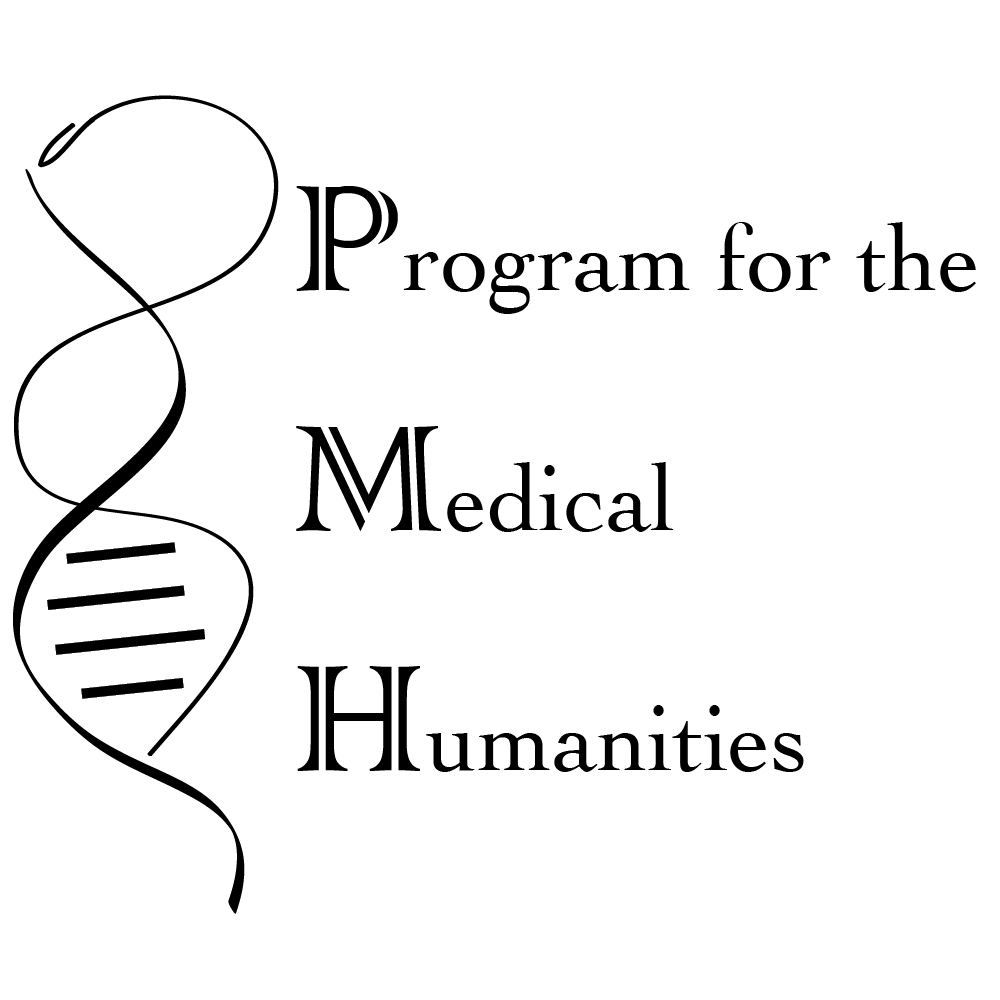I remember the first time someone pointed out that evidence-based empirical scientific double-blind tested AMA supervised Western medicine is a belief system. Like other belief systems. Its credibility depends on a consensual notion of how to establish credibility. It has its own historical narrative that goes from experiment to discovery to correction to experiment to discovery—a little the way political history goes from war to treaty to imperial oppression to war… and so on.
The thing is, I thought at the time, most of the claims of medicine about anatomy, physiology, pathology, etc. are based on repeatable results. Objective verification. Proof. How can you argue with proof?
You don’t have to argue with it, came the unhurried response. But it might be useful to recognize its limits. It’s not that it’s wrong. Just limited. And biased. And closed to kinds of information that don’t submit to its particular kinds of verification.
So here’s what it leaves out. Anecdotal evidence. Anecdote. Story. It happened to one guy. But that’s not enough. So that guy doesn’t matter. Or it happened to a number of people, but not in close enough proximity to legitimate a study. Or it happened to a whole tribe, but the shamans provide no documentation and they use peyote and wear feathers. Or it happened to a lot of people—near-death experiences, say, or faith healings or spontaneous remissions or fourth-stage ovarian cancer that disappeared with a drastic change in diet. But those people are refusing tested drugs and going to renegade practitioners and taking immoral and arguably illegal risks with their own or their families’ well-being and we don’t support that.
It’s possible to be grateful for conventional North American medicine—antibiotics, surgery, endoscopes and MRIs and pacemakers and hip replacements—and still be dismayed by its self-imposed limits. I wish medical schools included serious study of nutrition and food systems, including vigorous critical scrutiny of pesticides, GMOs, soil contamination, factory farm runoff, and the economic system that creates food deserts. I wish they opened space for more conversation about other medical traditions—Ayurvedic or Chinese or Tibetan or South American, spiritual or shamanistic or naturopathic or osteopathic or psycho-spiritual. I wish they included a course on evidence and epistemology—how we think about observation, measurement, intuition, evidence, oddball exceptions to the rule, paradigm shifts, paranormal occurrences, and possibility.
The students I’ve met in med schools are among the best I’ve ever encountered—motivated, thoughtful, generous, eager to serve, curious, compassionate. I wish for them the courage to keep the door open to alternative possibilities—at least a crack. That’s where the light gets in.









